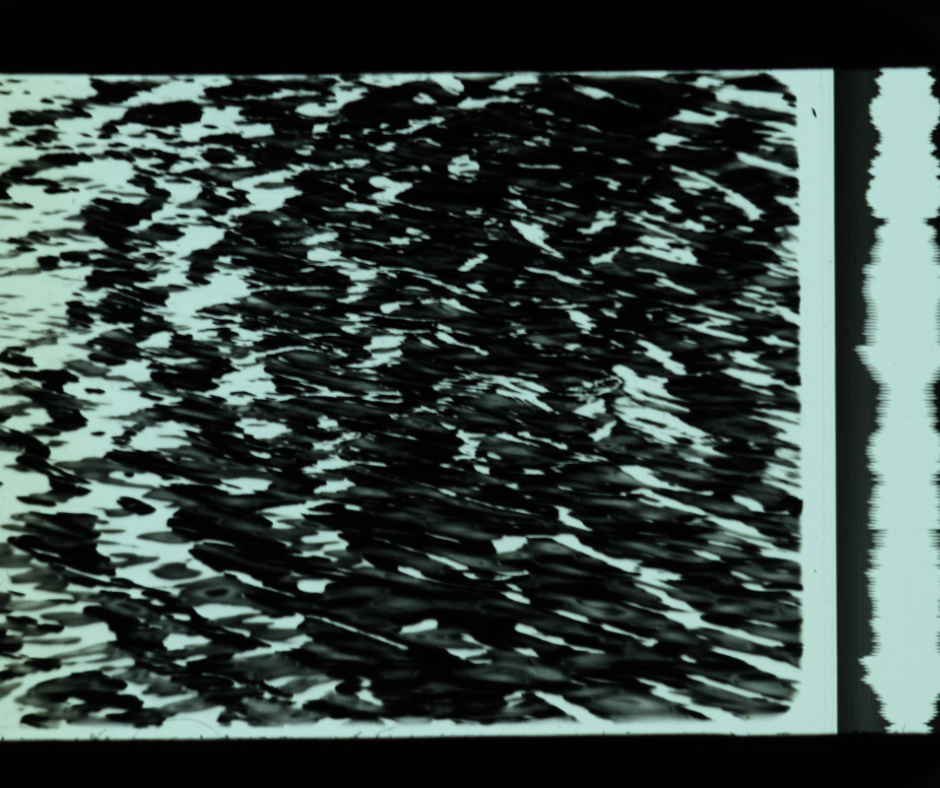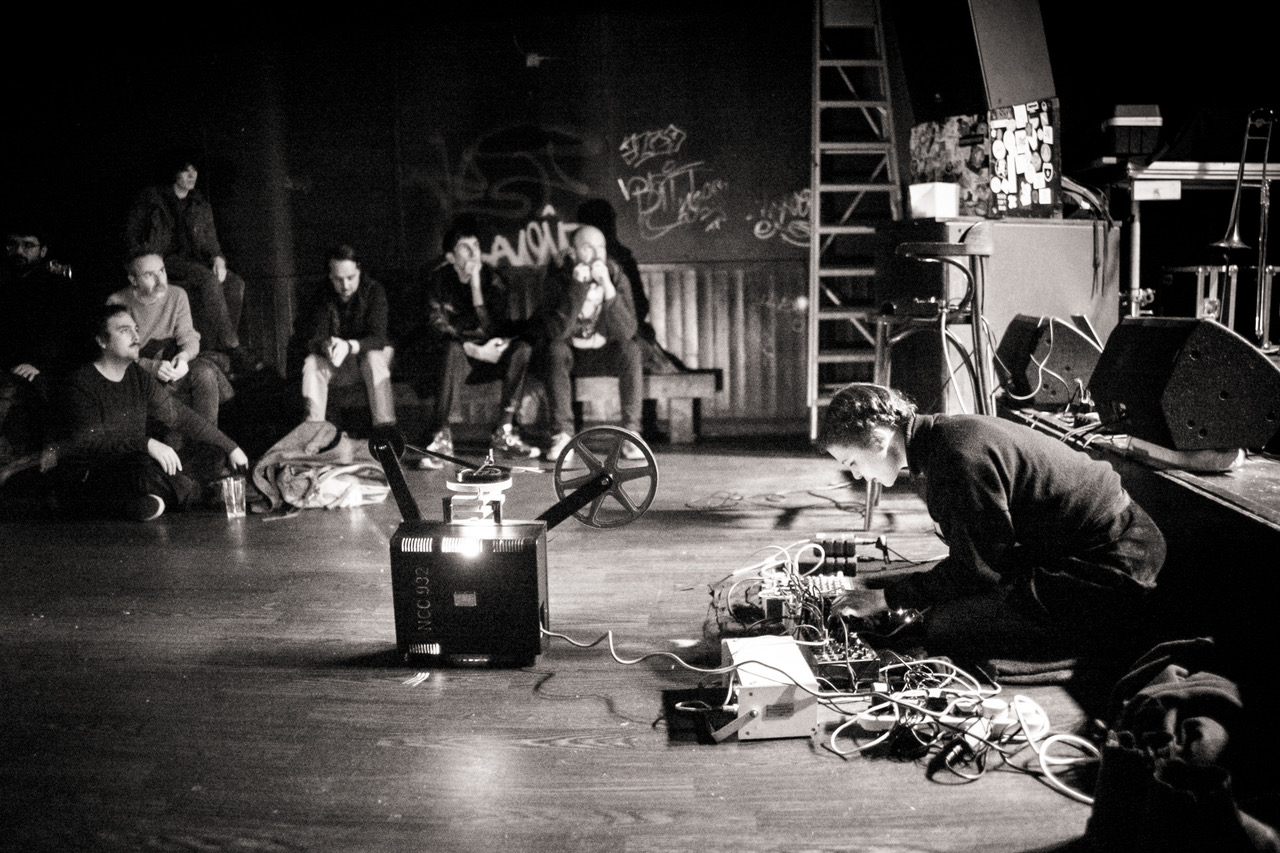Join us for a day-long celebration as we pay homage to the remarkable 100-year journey of 16mm film in the quirky and gothic surrounds of St John’s Crypt, nestled in the heart of Bristol. Immerse yourself in the world of 16mm film through a series of workshops where you can explore the art of splicing, dicing, and projecting this iconic format. Take a journey into the absurd as we showcase a curated selection of classic avant-garde 16mm films. As the day unfolds, be prepared to be mesmerised by the unique live music performance activations from Ambient techno artist Surgeons Girl. Join us where nostalgia meets innovation in celebration of the enduring legacy of 16mm film.
100 Years of 16mm is part of Bristol UNESCO City of Film’s Summer Film Takeover. It is produced by Compass Presents as part of Cinema Rediscovered Festival, a Watershed project.









